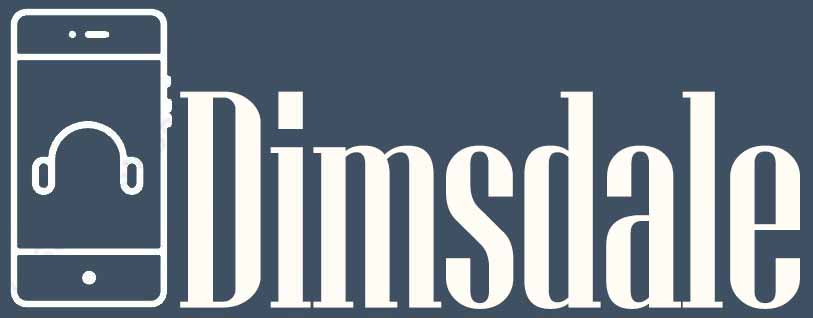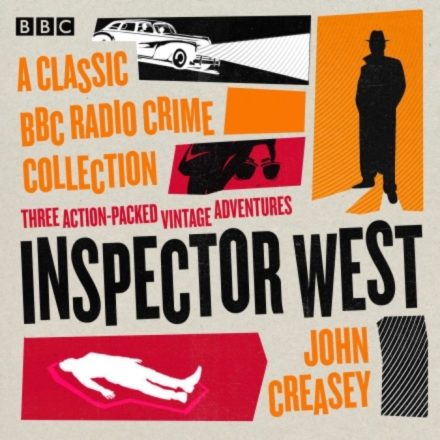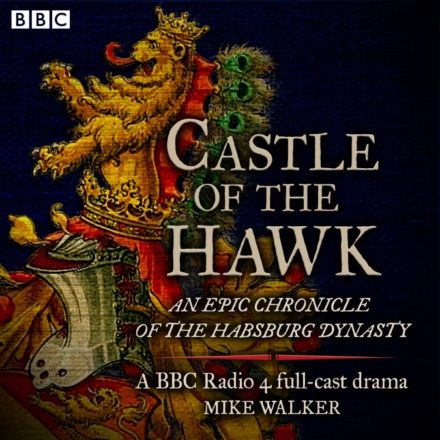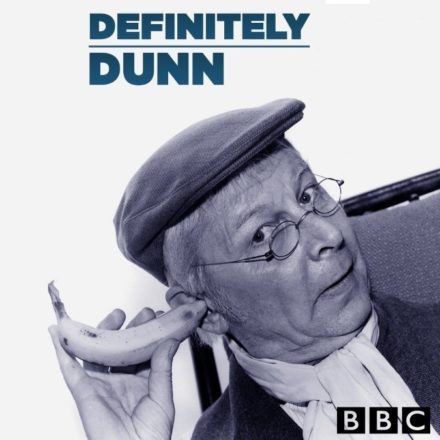Members get information about when streams/downloads become available, as well as accessing podcast RSS feeds for freely-available content to make listening to great shows a breeze, Register Here
Monty Python’s Contractual Obligation Album is the final studio album by Monty Python, released in 1980. As the title suggests, the album was put together to complete a contract with Charisma Records. Besides newly written songs and sketches, the sessions saw re-recordings of material that dated back to the 1960s pre-Python shows I’m Sorry I’ll Read That Again, The Frost Report, At Last The 1948 Show and How To Irritate People. One track, “Bells”, dates from the sessions for Monty Python’s Previous Record, while further material was adapted from Eric Idle’s post-Python series Rutland Weekend Television. The group also reworked material written but discarded from early drafts of Life Of Brian, as well as the initial scripts for what would eventually become The Meaning Of Life.
The group had not recorded an all-studio album since Matching Tie and Handkerchief in 1973 and were initially unenthusiastic about returning to the recording studio. Fresh from co-producing the Life Of Brian soundtrack album, Eric Idle oversaw the sessions which resulted in over half the album consisting of songs. Beginning in January 1980, the group recorded reams of unused material during the sessions, much of which found its way on to the unreleased outtakes album Hastily Cobbled Together For A Fast Buck, although some previously unheard material was included on the compilations The Final Rip Off (1987) and Monty Python Sings (1989). In 2006, further unreleased tracks were added to the special edition CDs of Another Monty Python Record, Monty Python’s Previous Record, Matching Tie and Handkerchief and the Contractual Obligation album itself. In 2014, three further tracks were added to the expanded Monty Python Sings (Again).
Due to the amount of cut material, the finished album features John Cleese on only three tracks (the reworkings of “String” and “Bookshop”, plus a brief appearance at the start of “Medical Love Song”) while Terry Gilliam does not feature at all. Gilliam’s absence was noted on the album’s Basil Pao-designed cover, which featured a plain inner sleeve on which Eric Idle wrote “Can T.G. do a nice-eye catching cover to help it sell?”, to which Terry Jones replies “Not really worth it”. The record label shown on the cover has a fake track-listing, with titles relating to the legal status of the contractual obligation. As with the Drury Lane album, the cover appears in a scene in Gilliam’s 2005 film Tideland, although it is only visible in the 2.35:1 aspect ratio version.
Episode List
- 01 – Sit On My Face
- 02 – Announcement
- 03 – Henry Kissinger
- 04 – String
- 05 – Never Be Rude to an Arab
- 06 – I Like Chinese
- 07 – The Bishop
- 08 – Medical Love Song
- 09 – Finland
- 10 – I’m So Worried
- 11 – I Bet You They Won’t Play This Song On the Radio
- 12 – Martyrdom of St. Victor
- 13 – Here Comes Another One
- 14 – Bookshop
- 15 – Do What John
- 16 – Rock Notes
- 17 – Muddy Knees
- 18 – Crocodile
- 19 – Decomposing Composers
- 20 – Bells
- 21 – Traffic Lights
- 22 – All Things Dull and Ugly
- 23 – A Scottish Farewell
- 24 – Contractual Obligation – Terry Jones and Graham Chapman Promotional Interview
- 25 – Radio Ad Obligation Promo- Fanfare
- 26 – Medical Love Song (Alternate Demo Version)
- 27 – I’m So Worried (Demo Version)

![Monty Python [8] Contractual Obligation Album](https://www.dimsdale.co.uk/wp-content/uploads/mp8coa.jpg)
















